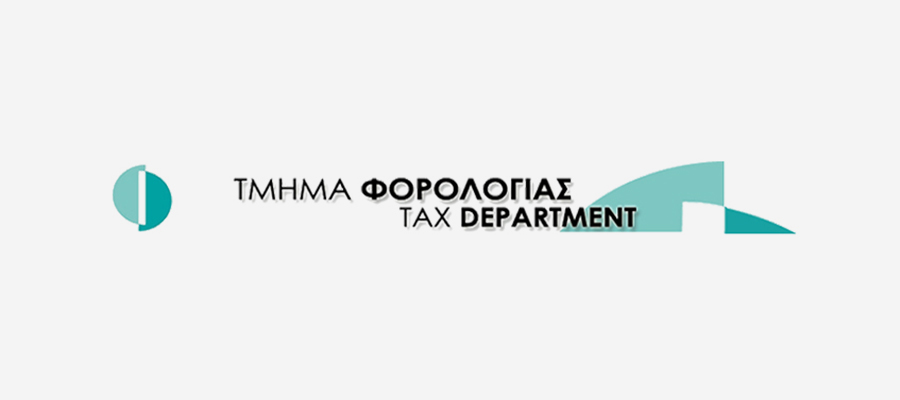Tax Portal to be launched soon
Nicosia - The much-awaited ‘Tax Portal’ will soon be made available to the public. The launching of the portal was announced by the Tax Department on 26 June 2020 here, saying it will be functional in “the next few days.” The Portal will be the new digital point of contact between taxpayers and the Tax Department. It will consolidate all the tax information from the various current infrastructures of the Tax Department so as to gather all information in a single portal. It remains to be seen what will the full functionality of this portal be once it goes live. Access to the Tax Portal will be made possible by using the same login credentials as for TAXISnet. Meanwhile, on 29 June 2020, a second announcement was issued from the Tax Department noting that the VAT forms for requesting or cancelling access to TAXISnet have been updated and that going forward, only the updated forms duly completed and signed would be accepted. It is understood that this change is in line with the requirements of the new Tax Portal which has already been noted that it will share login credentials with TAXISnet. Steps to take All taxable persons need to ensure that they provide/update their TAXISnet profile with an active email address which is monitored and ensure that the TAXISnet emails are not filtered as spam/junk. This is important because with the launch of the Tax Portal, emails will be the means of communicating the above noted changes/updates.











